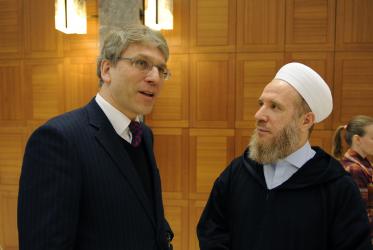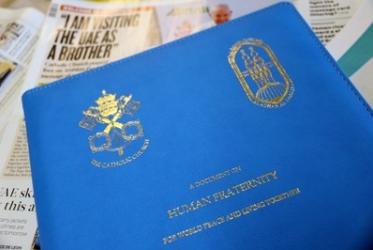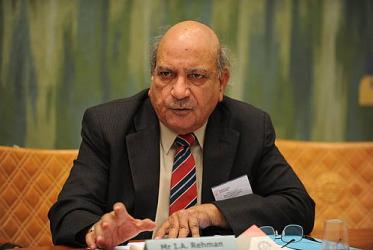Displaying 161 - 180 of 233
Human rights defender Charles Harper honoured by Argentinian government
19 September 2014
The forgotten story of the Nuba Mountain people
18 June 2014
WCC general secretary expresses concern over Ukraine
03 March 2014
Hopes for peace in Syria shared with members of Syrian opposition
15 February 2014
Political solution is the only way to end Syria conflict
01 February 2013
Justice is the key to peace in Colombia
31 January 2013
WCC calls churches to pray for children
07 November 2012
WCC adopts statements on contemporary public issues
12 September 2012










